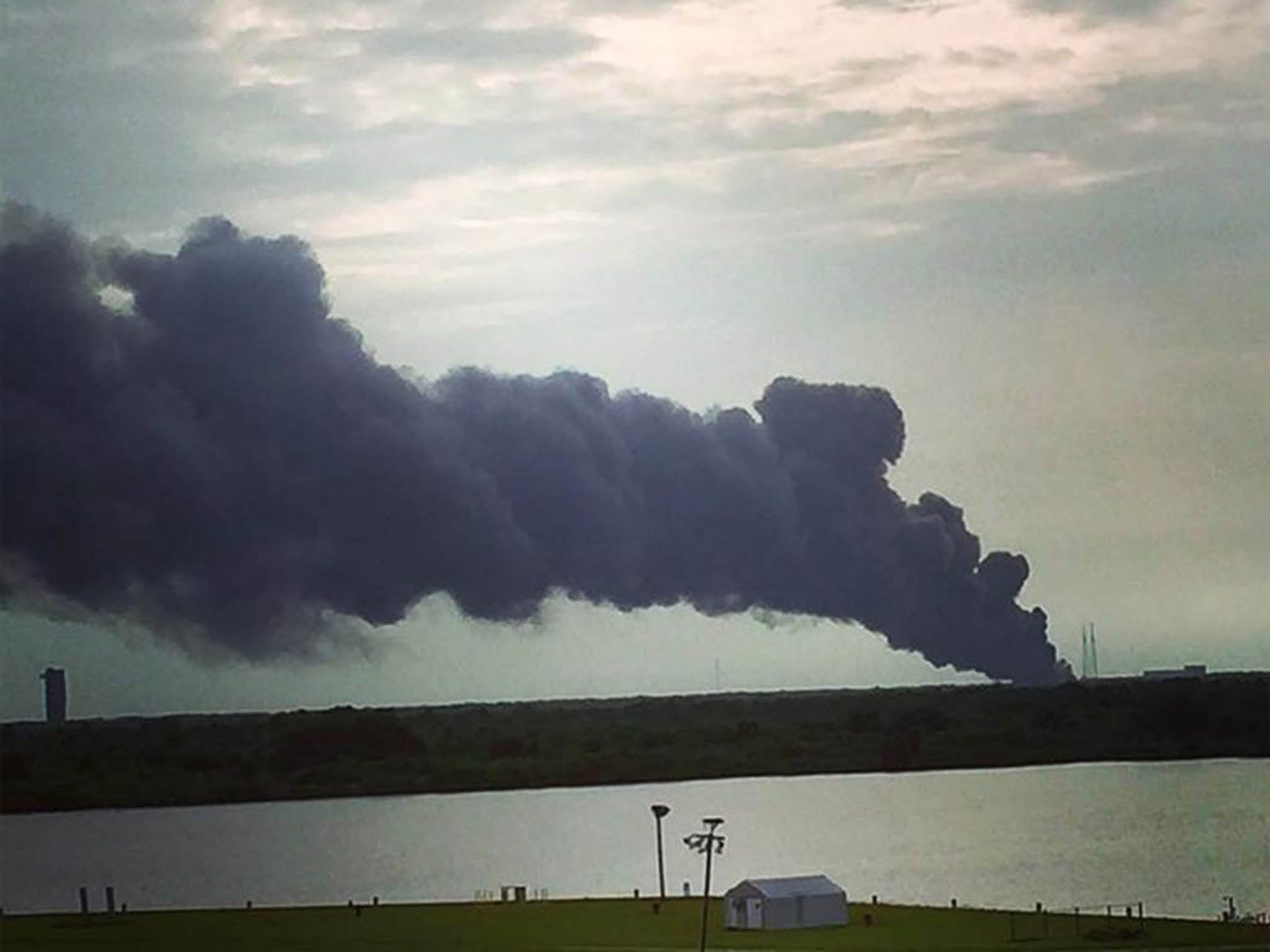SpaceX explosion: Mark Zuckerberg laments destruction of Facebook internet satellite at rocket launch
The Aquila satellite had been expected to provide connectivity across the world, as part of Facebook’s plan to get more users online

Mark Zuckerberg has lamented the destruction of a Facebook satellite in the huge SpaceX explosion.
Facebook had hoped that the new Aquila satellite could provide internet for people in previously unconnected areas by beaming down data. But the payload was lost in an explosion at the SpaceX launch facility, which destroyed the rocket and everything that was on it.
The Facebook founder and boss has said how disappointed he was to hear of the loss of the satellite, which had been built by an Israeli firm as part of Facebook’s plan to get more people online – and onto Facebook.
“As I'm here in Africa, I'm deeply disappointed to hear that SpaceX's launch failure destroyed our satellite that would have provided connectivity to so many entrepreneurs and everyone else across the continent,” he wrote.
“Fortunately, we have developed other technologies like Aquila that will connect people as well. We remain committed to our mission of connecting everyone, and we will keep working until everyone has the opportunities this satellite would have provided.”
A Facebook spokesperson echoed Mr Zuckerberg’s lament. “"We are disappointed by the loss but remain committed to our mission of connecting people to the Internet around the world,” the company said.
The satellite didn’t actually belong to Facebook, but rather was part of a deal with French satellite firm Eutelsat to lease the capability of the Spacecom-manufactured kit.
The explosion was referred to as an “anomaly” by SpaceX engineers, and it still isn’t clear how it was able to happen. Nobody was hurt in the incident but it is expected to have huge financial implications and cause yet more problems for SpaceX’s launch schedule.
Mr Zuckerberg noted that the money lost in the accident – the payload was thought to be worth hundreds of millions of dollars – was irrelevant. When one of his followers asked “What’s insurance like on that type of thing?”, Mr Zuckerberg said that wasn’t the issue.
“The problem isn't the money,” he wrote. “It’s that now it may take longer to connect people.”
That was a reference to Internet.org, Mark Zuckerberg’s plan to get more people around the world online. That has run into problems because of arguments that it interferes with the principle of net neutrality, by encouraging people to use Facebook; it has also been pointed out that it might be being used as a way of allowing Facebook to grow by picking up new users of the internet, rather than just of the social network.
Join our commenting forum
Join thought-provoking conversations, follow other Independent readers and see their replies
Comments
Bookmark popover
Removed from bookmarks